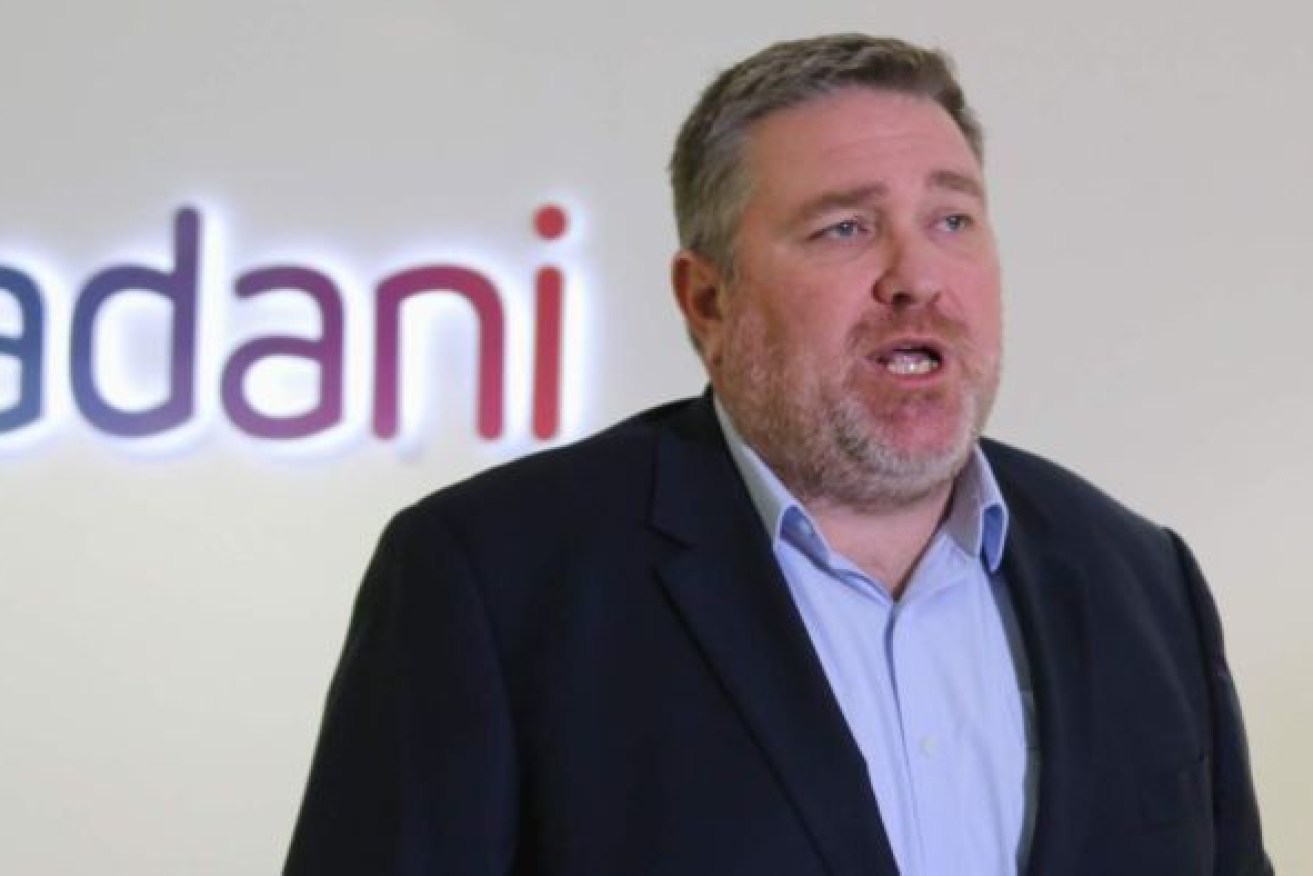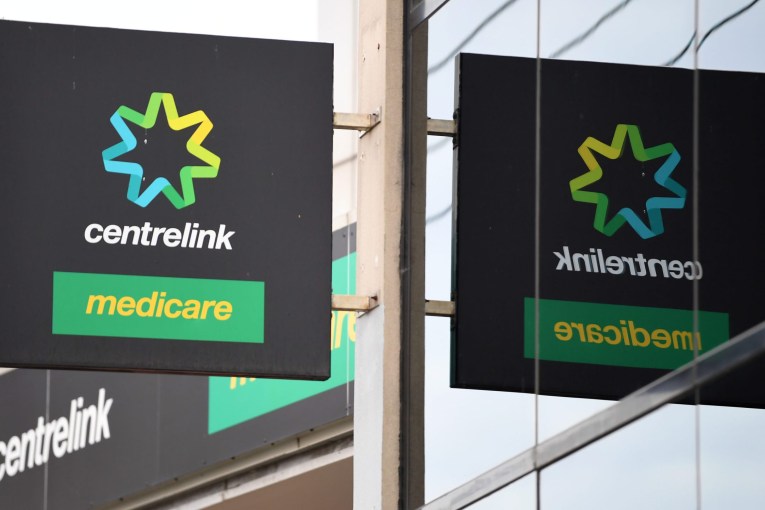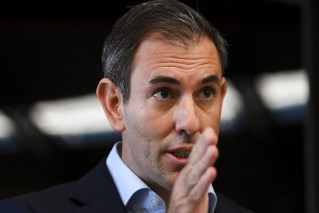Moody’s paints bleak picture over Adani’s $US500m debt mountain
Credit rating agency Moody’s has warned that Adani Abbot Point coal terminal is facing a refinancing risk on the $US500 million ($A670 million) of debt due next year.


Lucas Dow has attacked the banks and insurance companies
It comes as Adani Australia chief executive Lucas Dow attacked the banks and insurers that have left the company to self-finance a lot of its operations in Australia, including its subsidiary Bravus and the Carmichael coal mine.
Moody’s has changed its outlook for the port, known as the North Queensland Export Terminal, to negative but reaffirmed its rating as Ba2.
It said the change in outlook “reflects the rising risk associated with NQXT’s substantial $US500 million’’ bond maturing in December 2022.
However, Moody’s made the point that the port had been able to be funded by its parent company, Adani, for about $500 million relating to a $106 million unconscionable conduct fine from the Supreme Court and other debt refinancing.
The company also said it the Moody’s statement would not impact the running of the port.
“The North Queensland Export Terminal will continue to operate successfully as it has done for more than 35 years,” Adani said.
“We are proud to provide an essential export service for our customers and the state of Queensland.”
Moody’s said the coal market would remain favourable into 2023 but over time “NXQT credit profile will be increasingly subject to rising ESG risks’’. It added that the coal market was exposed to political agendas.
It also said the terminal’s profile would be exposed to unrated companies like Bravus and QCoal.
“The outlook could be stabilised if NXQT executes a refinancing of the $US500 million bond in a timely manner or demonstrates substantial progress in a refinancing that, in Moody’s view, has a very high likelihood of being executed,’’ it said.
Last year Investec told Adani it would no longer help Adani raise its funding because of changes to its own climate policy.
Late last week Adani’s Australia boss said Australian banks and insurers were “withdrawing support from Australia’s second most valuable export, coal, in the name of trying to greenwash their ESG performance’’.
“Unless something is done to reverse this trend it will cost Australian families, towns, state revenues in NSW and Queensland and the whole Australian economy dearly,’’ Dow said.
He was commenting on submissions from banks and insurers to a Federal parliamentary inquiry to the inquiry.
Dow said the banks enjoyed generous protections paid for by the Australian taxpayer such as the deposit guarantee scheme.
“Killing our energy export industries like coal and gas will damage our economy and balance of trade. International financiers will not step in as they typically require a local partner to work with before they will consider an investment as documented in other submissions to the inquiry,’’ he said.
“Banks have chosen to interpret the need to decrease global carbon dioxide emissions over time as simply stopping Australia’s fossil fuel use and exports.
“This is an unsophisticated response that fails to consider the need to decrease global emissions while at the same time acknowledging the right of people in the developing world to live without poverty.
“All too often they choose to capitulate to activist demands despite them having no overall environmental benefit and being detrimental in the long-term to the Australian economy and their investors, simply to avoid embarrassment and social shaming. They call it stakeholder engagement. That’s not what I would call it.
“If banking and insurance executives are so keen to engage with their stakeholders they should come out to Clermont, Mackay, Moranbah or Singleton and do some engagement with the people whose livelihoods their decisions are endangering.’’
A $US1 billion loan to Adani from the State Bank of India also has been reportedly held up in the approval process.












